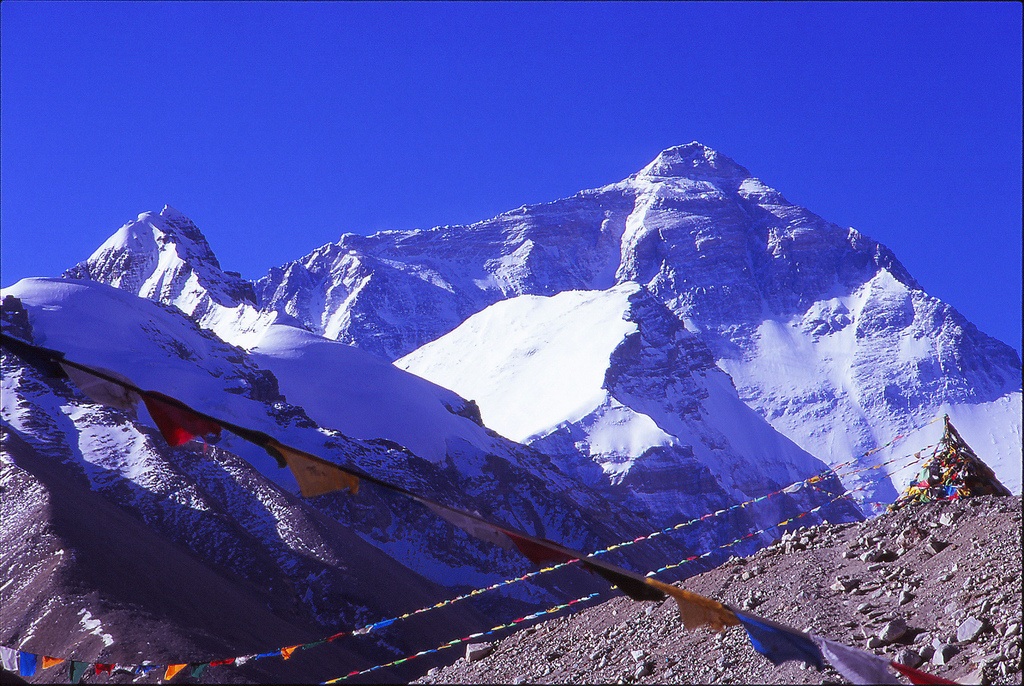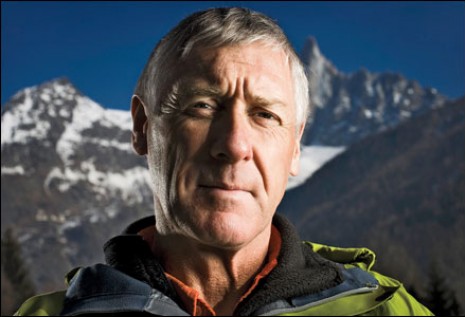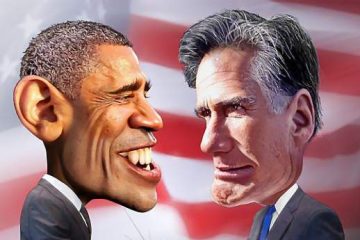Mortality, Might, and Mt. Everest

kellyhui via Compfight cc
New Zealand mountaineer, Russell Brice, has had his share of mountain top moments. He has reached mountain peaks higher than 8,000 meters (26,247 ft) 14 times, including the famed Mt. Everest twice.
And since 1974 he’s been helping other climbers achieve their climbing goals as owner and manager of Himalayan Experience Ltd. Needless to say, fewer people in the world have more expertise on the mountain than Russell.
Yet this is what he says of Mt. Everest:
“I’m not king of the highest mountain on earth. I know this valley more than most white people, but you’re not king of this mountain, man. No one’s king. Only the mountain’s king.”[1]
No doubt it is Russell’s respect for mother nature and his humble submission to the elements that has made his professional career so successful. He knows his place, his role, his lane. He wisely remains subject to that which is greater than he.
I wonder if that the greatest lesson Mt. Everest has to teach us — that we are not as great as we think. That there is something (one) bigger than us.
Historically, particularly since the “Enlightenment”, mankind has tended to think too much of himself. The age of reason led us to abandon belief in God. “We killed him” as Neitzsche infamously wrote in 1882. And in the looming vacuum we assumed his role.
But was this ever our role to hold? Our lane or our place?
Maybe Mt. Everest stands as a monument to our finitude with the dead frozen bodies along the trail a tragic morbid reminder of our own mortality. It has a humbling effect. It demands respect and severely disciplines those who dare to break the rules. Proud men may ascend, but only humble men descend.
Maybe that’s why pain and suffering are a part of life.
A paralyzing accident. Cancer. A grim health diagnosis.
It all seems senseless. Pointless. An expensive interruption.
But perhaps these inexplicable events are there to remind us that we are not our own kings. That there is another King, one mightier and more powerful than us. Maybe they are there to snap us back to reality, to humble us.
It was a lesson Job had to learn. David too – more than once. Even Peter needed a few reminders.
Paul says one day
“every knee will bow…and tongue confess” (Phil. 2:10-11)
that Jesus, God’s appointed Savior, is Lord. He is King.
James, referencing Solomon, says
“God opposes the proud.” (4:6a)
So let us heed these foreboding warnings from wise men of old. Or, if we think them mistaken, then let us at least note well nature’s sublime message given to us through creation. Submit yourself to God and to his will. Dare not to break his rules. For severe discipline awaits those who proudly resist the King.
“You’re not king of this mountain, man. No one’s king. Only the mountain’s king.”


0 Comments